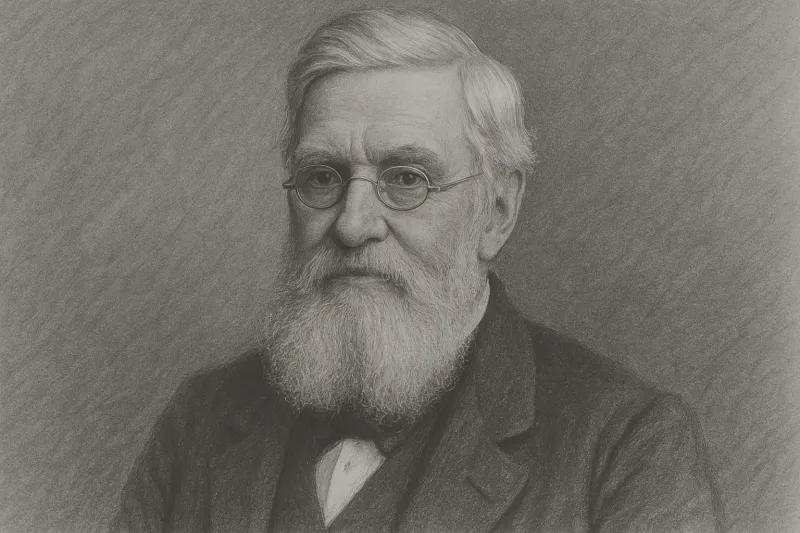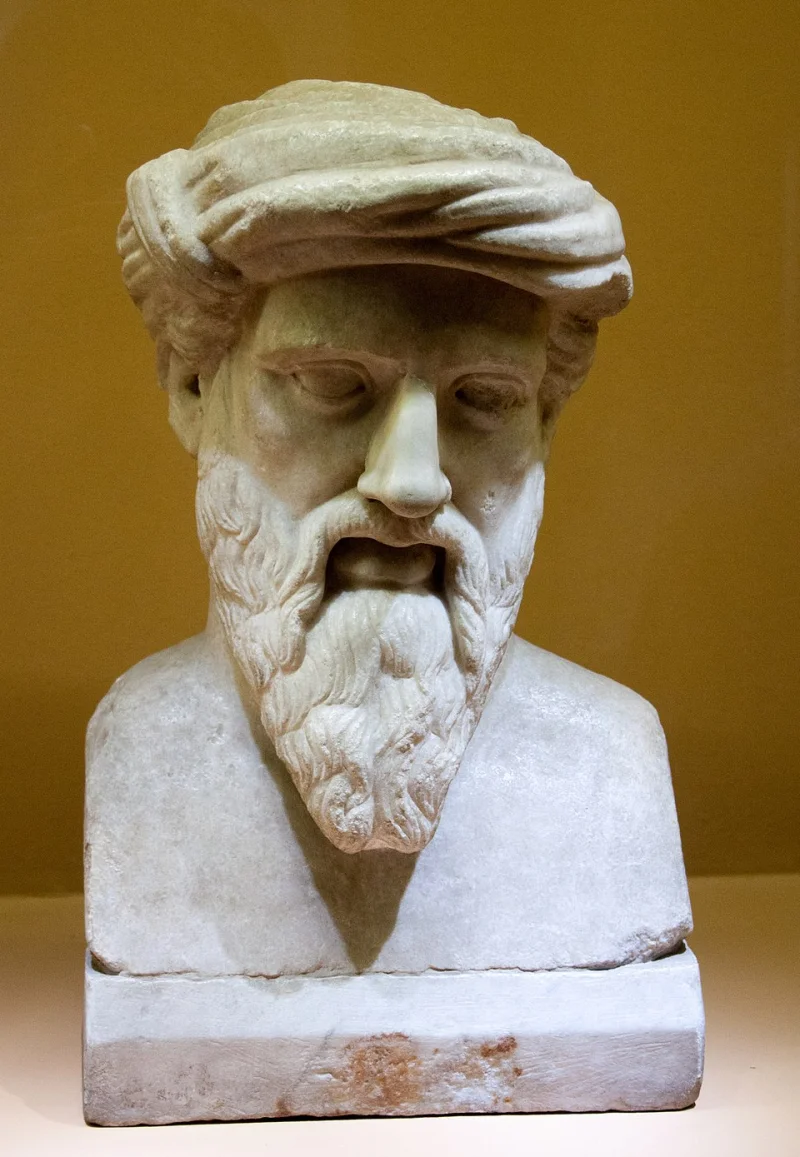Short Summary
Charles Lyell was a distinguished Scottish geologist whose work laid the foundation for modern geology. He is best known for his advocacy of uniformitarianism, the idea that the Earth's features were shaped by continuous and consistent processes over time. His seminal work, "Principles of Geology," profoundly influenced scientific thought and provided critical support for Charles Darwin's theory of evolution. Lyell's contributions to geology and his ability to communicate complex ideas to a broad audience cemented his place as a key figure in the history of science.
Early Life & Education
Born on November 14, 1797, in Kinnordy, Scotland, Charles Lyell was the eldest of ten children. His father was a botanist and naturalist, which fostered Lyell's early interest in the natural world. Educated initially at home, he later attended Exeter College, Oxford, where he studied classics. Despite his classical education, he was deeply influenced by the lectures of William Buckland, a geologist, which sparked his interest in the field. This early exposure to geology, combined with his naturalist upbringing, set the stage for his future contributions to the discipline.
Career Highlights
After completing his education, Lyell practiced law briefly but soon devoted himself entirely to geology. In 1830, he published the first volume of "Principles of Geology," which would become his most famous work. This publication articulated the concept of uniformitarianism, challenging the then-prevailing catastrophism. Over his career, Lyell held several prestigious positions, including President of the Geological Society of London. His lectures and writings greatly advanced public understanding of geology and influenced numerous contemporaries, including Charles Darwin, with whom he maintained a lifelong friendship and correspondence.
Major Achievements
- Published "Principles of Geology," a landmark work that popularized uniformitarianism.
- Served as President of the Geological Society of London, promoting the study of geology.
- Influenced Charles Darwin, providing foundational support for the theory of evolution.
- Recognized with numerous awards and honors, including a knighthood in 1848.
Famous Quotes
- "The present is the key to the past."
- "Geology differs as widely from cosmogony, as speculations concerning the creation of man differ from history."
Interesting Facts
- Lyell was knighted in 1848 and later made a baronet in 1864.
- He was a close friend of Charles Darwin and played a significant role in the acceptance of evolutionary theory.
- Lyell's work was instrumental in moving geology from a descriptive to an analytical science.
- His influence extended beyond geology to the broader scientific community of his time.
Legacy / Influence
Charles Lyell's legacy lies in his profound impact on the field of geology and natural science. His promotion of uniformitarianism transformed geological thinking and laid the groundwork for future scientific inquiry. By emphasizing the importance of observable processes, he shifted the paradigm from speculative theories to evidence-based science. His influence on contemporaries like Charles Darwin helped shape the course of evolutionary biology and reinforced the interconnectedness of scientific disciplines.
FAQ
Q: Why is Charles Lyell famous?
A: He is renowned for his work in geology, particularly his advocacy of uniformitarianism, which influenced the acceptance of evolutionary theory.
Q: What is uniformitarianism?
A: It is the concept that Earth's features result from long-term processes that continue to operate today as they did in the past.
Q: How did Lyell influence Charles Darwin?
A: Lyell's ideas on gradual geological processes helped Darwin develop his theory of natural selection.
Q: What was Lyell's most famous book?
A: "Principles of Geology," which articulated the theory of uniformitarianism.













